HEALTH CARE ACCESS:
The Honduran government provides two different types of health centers throughout rural Honduras: Centros de Salud Médico Odontológico (CESAMOs) and Centros de Salud Rural (CESARs). CESAMOs are the larger of the two, often found in municipalities, and typically have at least one physician on staff at all times with nurses and potentially a dentist. CESARs are found sporadically in rural communities and generally have a single nurse available.
Even with this coverage, it is important to note that medications, supplies, and materials are often not available in these health centers and the physician density in Honduras remains at around 1,220 people for every doctor. According to the World Health Organization, there should be a maximum of 435 people per physician to qualify a country as having adequate access to medical attention.
El Ocote does not have its health center, but travels to the nearby municipality, Cantarranas, to get health care. There, the health centre is CESAMO, a larger scale health center where doctors and occasionally dentists are on staff. The trip can take up to 2 hours on foot. The main health concerns of the community are diabetes, arthritis, diarrhea, and hypertension.


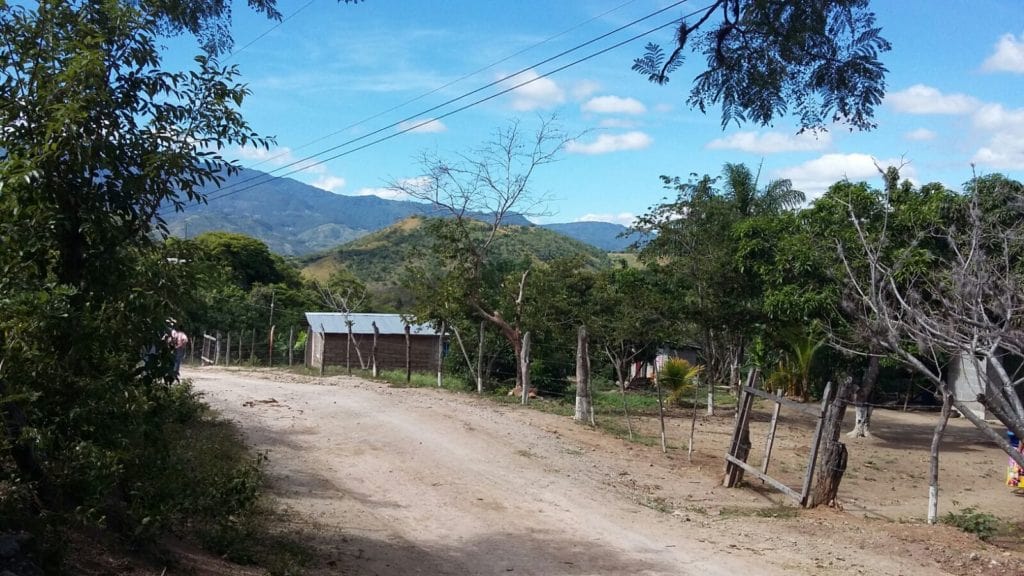 El Ocote is a small, tight-knit community tucked into the mountains of Francisco Morazán and surrounded by trees and vegetation. It is 10 km from the nearest town, which most community members travel to by foot. The principal economic activity in El Ocote is agriculture: corn and beans are cultivated by both men and women, and some children and teens are also involved in the process. Some community members work in a local sugar cane farm harvesting the plant.
El Ocote is a small, tight-knit community tucked into the mountains of Francisco Morazán and surrounded by trees and vegetation. It is 10 km from the nearest town, which most community members travel to by foot. The principal economic activity in El Ocote is agriculture: corn and beans are cultivated by both men and women, and some children and teens are also involved in the process. Some community members work in a local sugar cane farm harvesting the plant.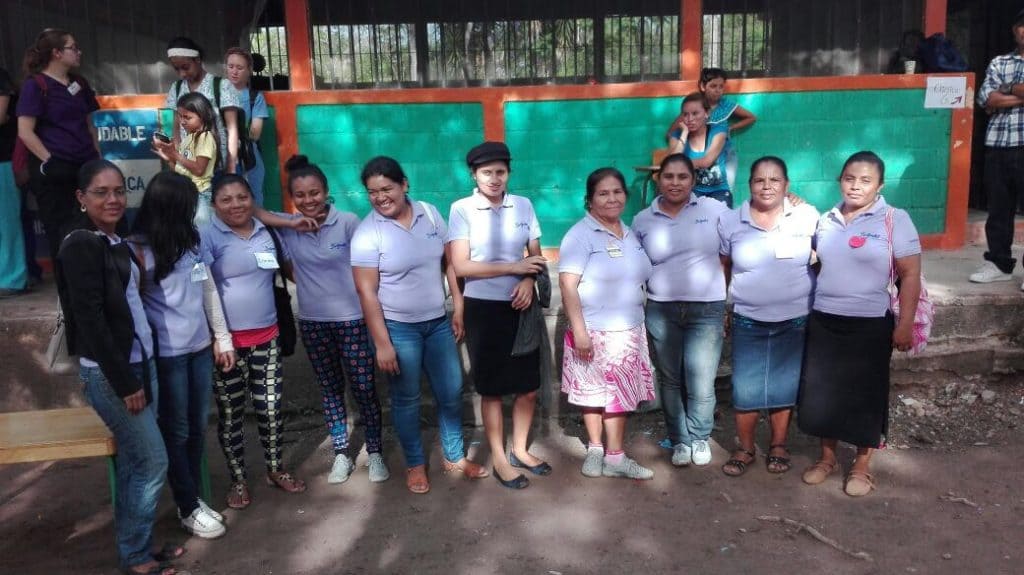 COMMUNITY HEALTH WORKERS:
COMMUNITY HEALTH WORKERS: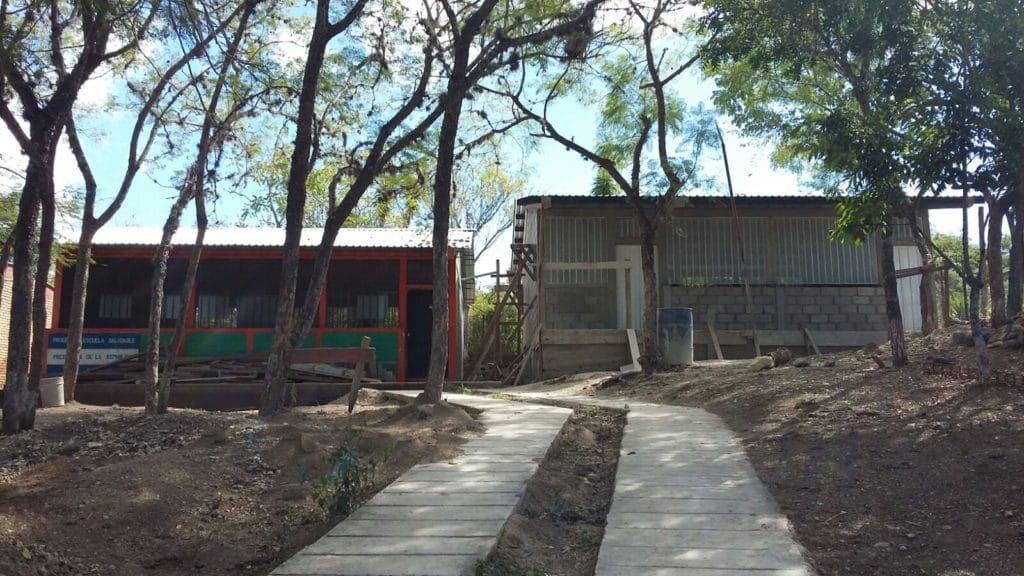 BRIGADE INFORMATION:
BRIGADE INFORMATION: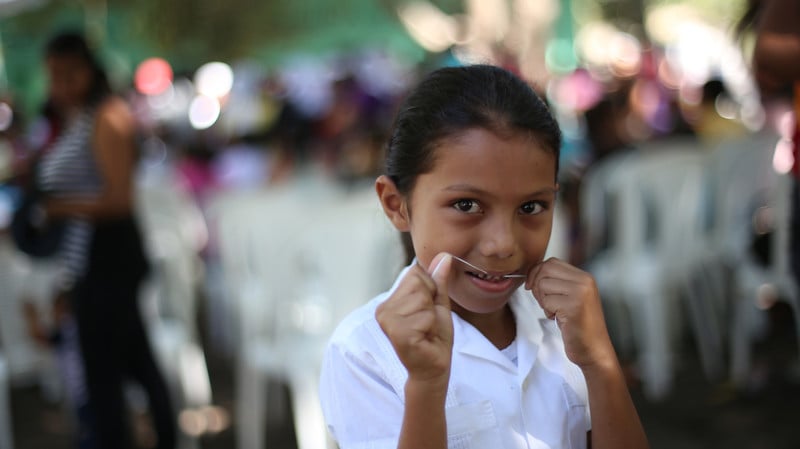
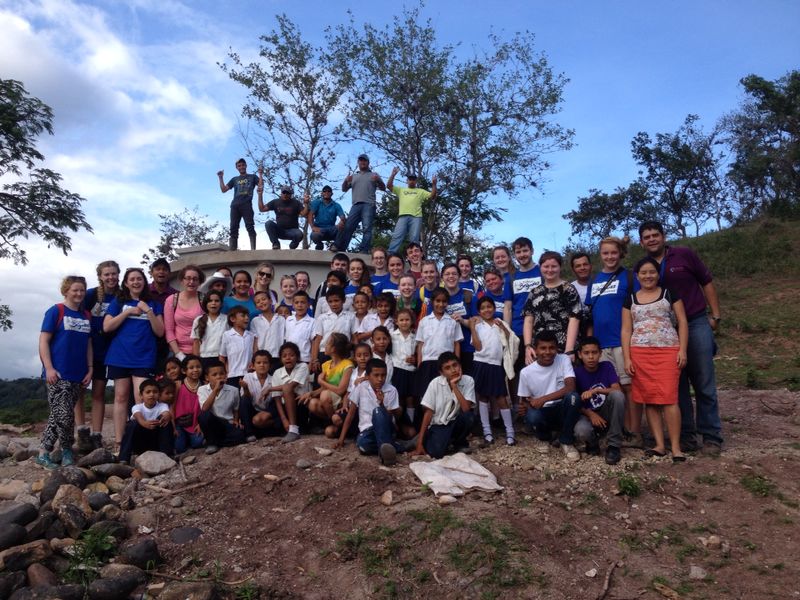 EL OCOTE’S ENGINEERING SOLUTION:
EL OCOTE’S ENGINEERING SOLUTION: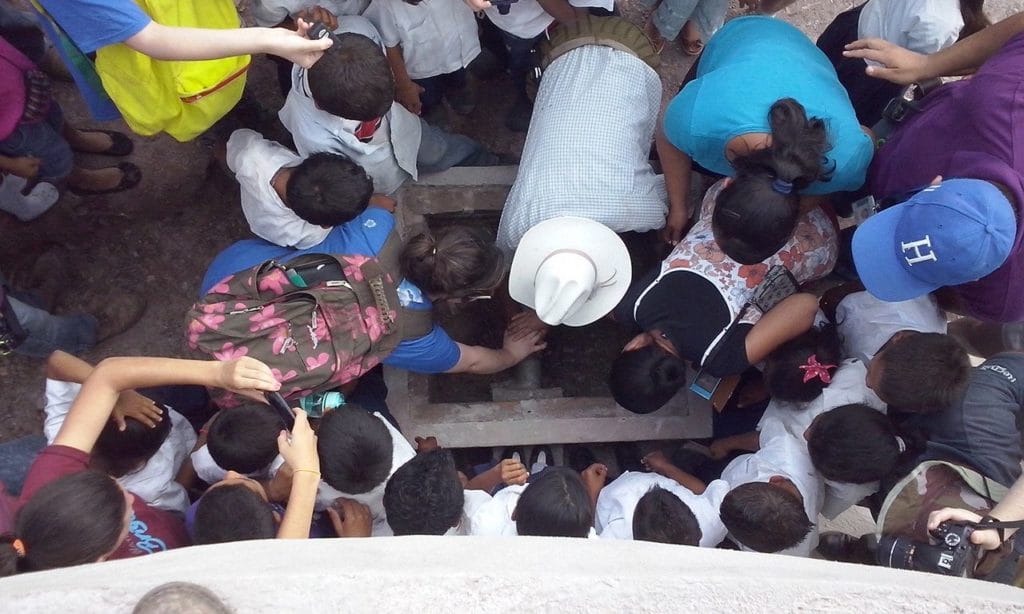 EL OCOTE’S WATER SOLUTION:
EL OCOTE’S WATER SOLUTION: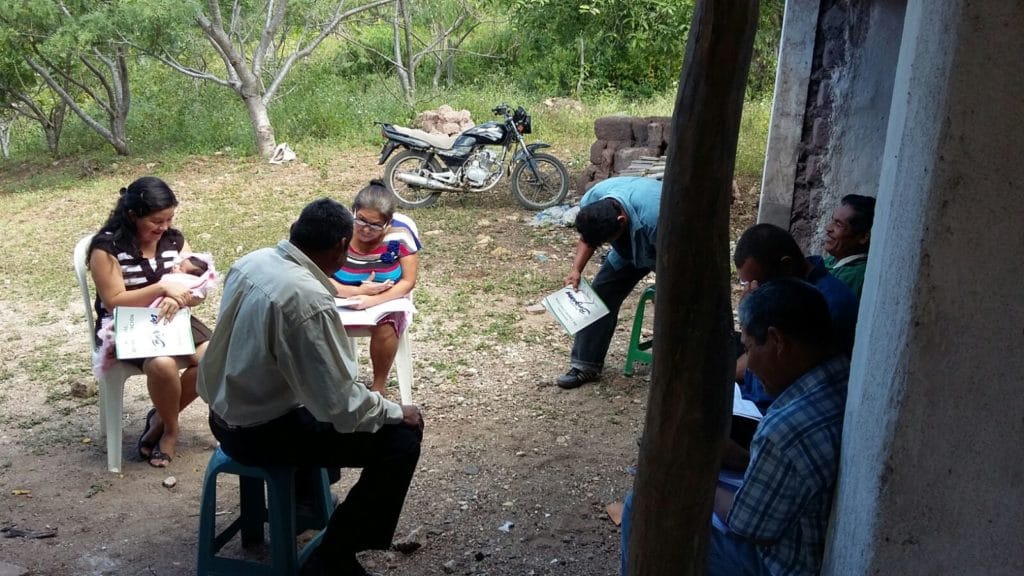 EL OCOTE’S MICRO-FINANCE SOLUTION:
EL OCOTE’S MICRO-FINANCE SOLUTION: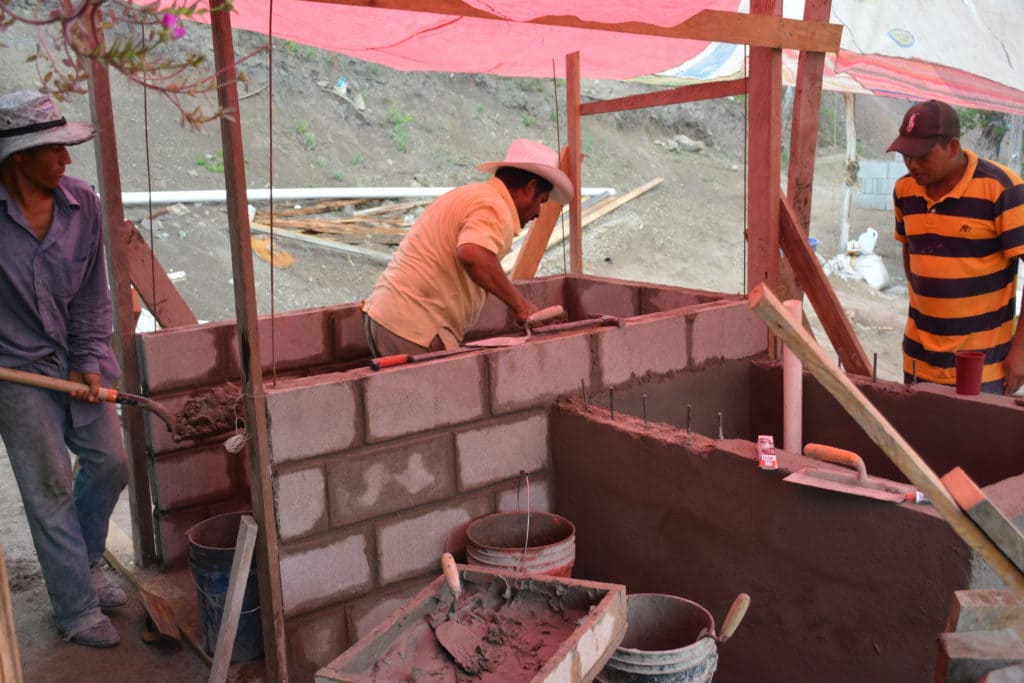
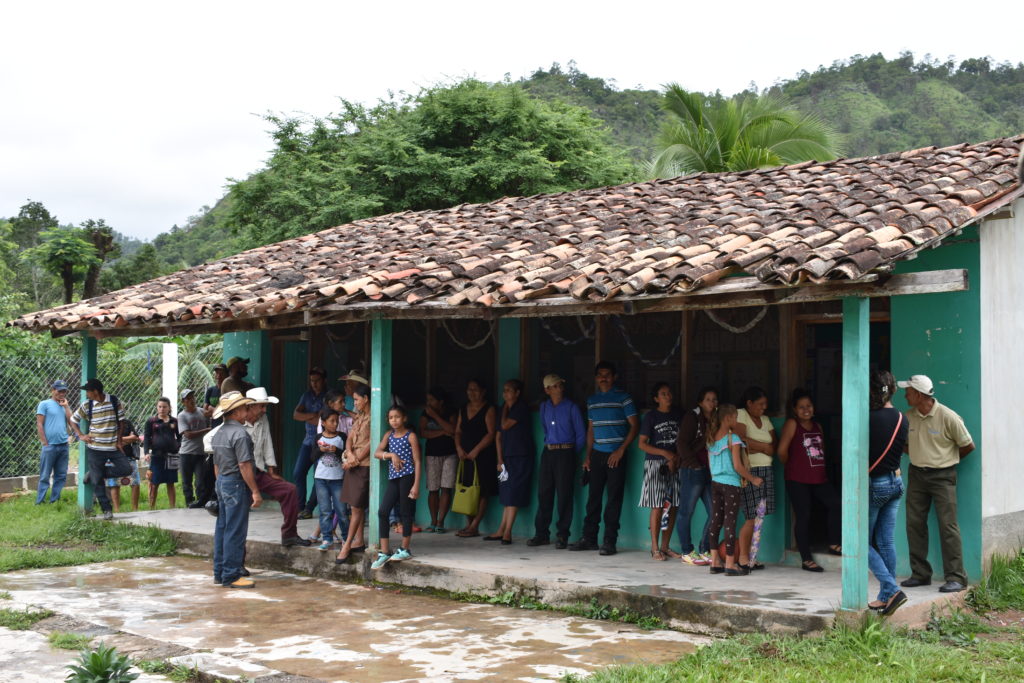 Civic Engagement and Empowerment
Civic Engagement and Empowerment